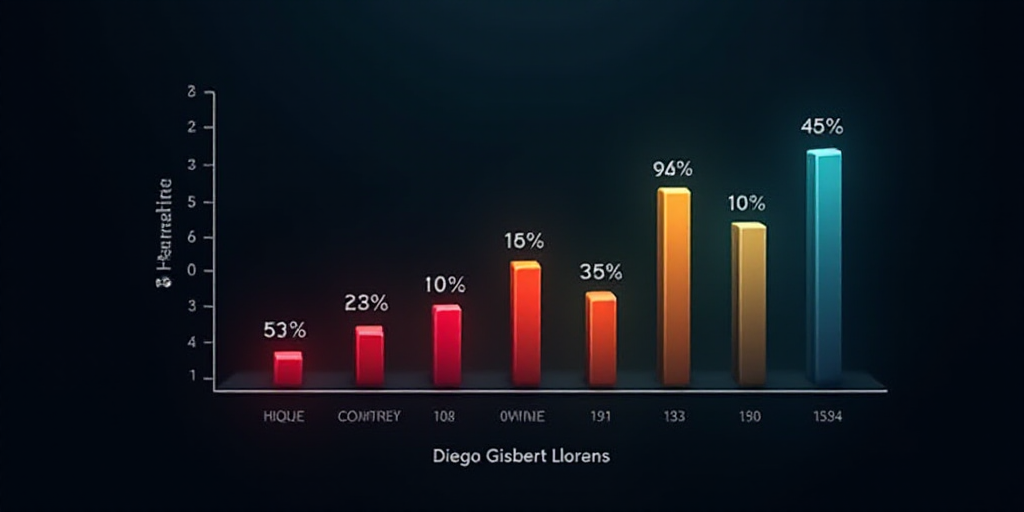Background on the Issue
Mexico is taking steps to revise its labor laws, aiming to extend the paternity leave for working fathers from 5 to 20 days. This change is seen as a significant stride towards gender equality in labor rights, considering that mothers currently have 84 days of maternity leave.
Survey Results and Worker Perspectives
A study conducted by OCC reveals that 84% of working fathers support the enhancement of parental leave policies. They believe that extending paternity leave to 20 days would positively impact the work environment and strengthen relationships within their households.
Additionally, 65% of the surveyed fathers acknowledged that this modification would encourage greater parental involvement, particularly in caring for newborns. They also anticipate improvements in family relationships and child well-being.
Impact on Gender Roles and Family Dynamics
This legislative change in Mexico is not only about providing more time for new fathers to bond with their children but also aims to reshape traditional gender roles within families. By granting extended paternity leave, Mexico seeks to promote a more balanced division of responsibilities between parents, challenging the conventional notion that childcare is primarily a mother’s duty.
The proposed reform reflects a growing recognition of the importance of fathers’ involvement in their children’s early lives. Research indicates that active father engagement contributes to better cognitive, social, and emotional development in children. Moreover, it fosters healthier gender role models for boys and girls alike.
Global Context and Relevance
Several countries have already implemented extended paternity leave policies, including Sweden (90 days), Iceland (9 months), and Japan (up to 1 year). These nations have reported positive outcomes, such as increased gender equality in the workplace and at home, improved child development, and enhanced parental satisfaction.
Mexico’s proposed reform aligns with this global trend, aiming to create a more equitable society where both parents can actively participate in their children’s upbringing without compromising their careers.
Key Questions and Answers
- What is the main goal of Mexico’s proposed paternity leave reform? The primary objective is to promote gender equality in labor rights by extending paternity leave from 5 to 20 days, encouraging fathers’ involvement in childcare and challenging traditional gender roles.
- What percentage of working fathers support the extended paternity leave? According to a study by OCC, 84% of working fathers support enhancing parental leave policies and believe that extending paternity leave to 20 days would positively impact their work environment and home relationships.
- What other benefits do fathers anticipate from this reform? Besides increased bonding time with newborns, fathers expect greater involvement in childcare, improved family relationships, and enhanced child well-being.
- Which countries have already implemented extended paternity leave policies? Several nations, including Sweden, Iceland, and Japan, have adopted extended paternity leave policies ranging from 90 days to up to 1 year. These countries have reported positive outcomes, such as increased gender equality and improved child development.






